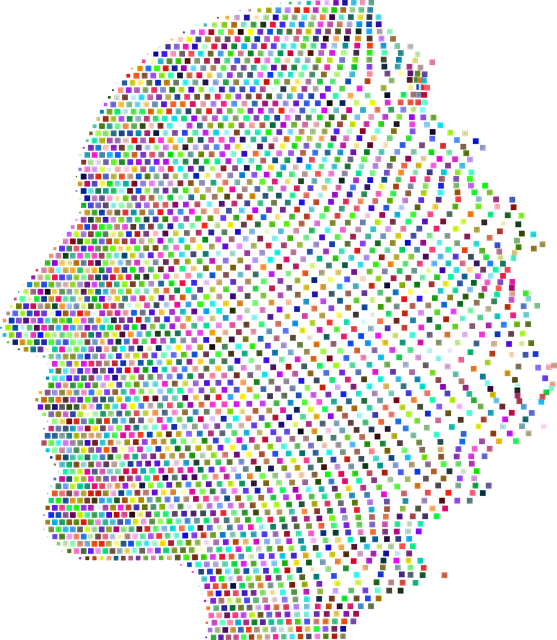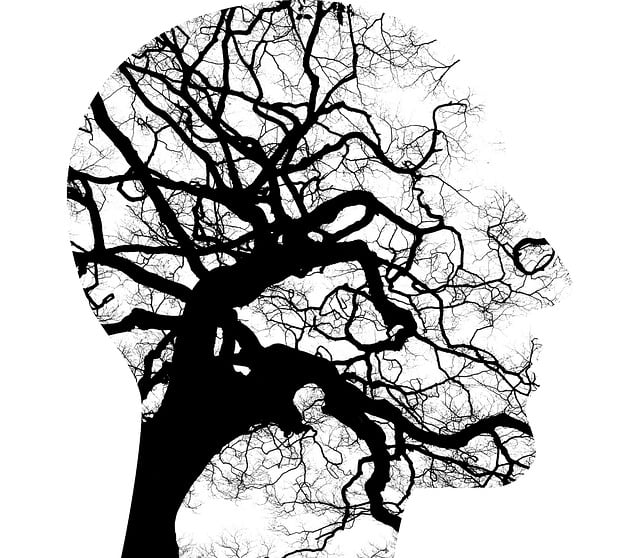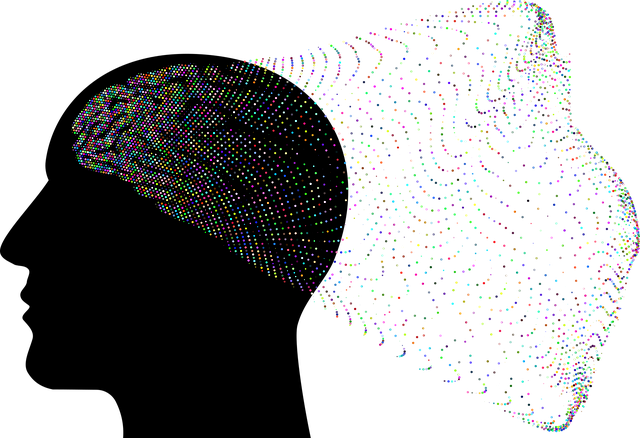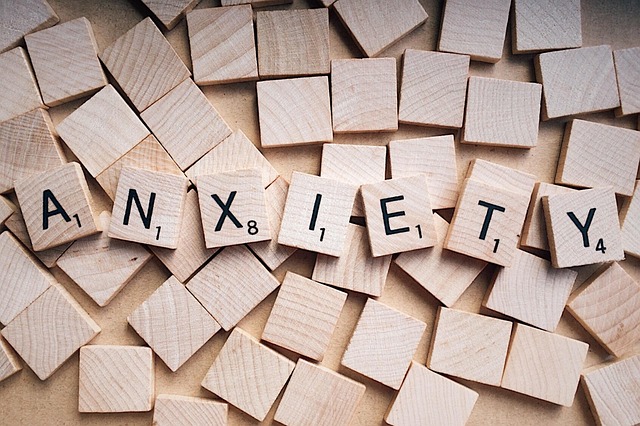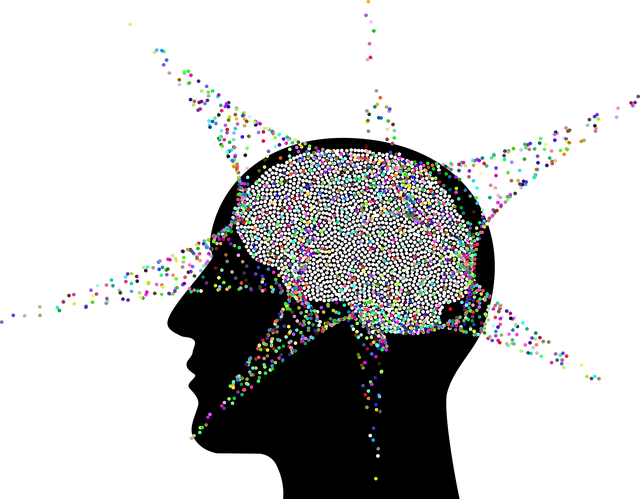Highlands Ranch offers comprehensive postpartum depression therapy, addressing a critical mental health issue among new mothers. PPD manifests as intense emotional turmoil post-birth, impacting self-care and parenting. Through specialized CBT, interpersonal therapy, support groups, trauma services, and community education, Highlands Ranch supports mothers' recovery, reduces stigma, and fosters healthy environments for mothers and children.
In the heart of Highlands Ranch, navigating mental health journeys, especially postpartum depression (PPD), can be challenging. This article guides you through understanding PPD’s subtle yet profound symptoms and diagnosis processes. We explore various treatment options available in the region, highlighting the transformative power of therapy in managing PPD effectively. Furthermore, we uncover valuable resources and community support systems dedicated to empowering mothers facing this condition, offering a beacon of hope for healing in Highlands Ranch.
- Understanding Postpartum Depression: Symptoms and Diagnosis
- Navigating Treatment Options in Highlands Ranch
- The Role of Therapy in Managing and Overcoming PPD
- Supporting Mothers: Resources and Community Help in Highlands Ranch
Understanding Postpartum Depression: Symptoms and Diagnosis

Postpartum depression (PPD) is a common yet often overlooked mental health condition that can significantly impact new mothers. It’s more than just the ‘baby blues’; PPD involves intense and persistent feelings of sadness, anxiety, or despair that occur after giving birth. Understanding PPD is crucial as it can greatly affect a mother’s ability to care for herself and her child.
The symptoms of Highlands Ranch postpartum depression therapy can include extreme fatigue, changes in appetite and sleep patterns, difficulty concentrating, feelings of worthlessness or guilt, irritability, and even thoughts of self-harm. Diagnosis typically involves a comprehensive evaluation by a healthcare provider or mental health professional who will assess the duration and severity of symptoms. This may involve discussions about the mother’s medical history, emotional state, and any personal or social factors that could contribute to PPD. Burnout prevention strategies for healthcare providers and stress management workshops organization can also help those supporting new mothers recognize and address these issues early on. Compassion cultivation practices have been shown to be beneficial in fostering a supportive environment for both mother and child.
Navigating Treatment Options in Highlands Ranch

In Highlands Ranch, individuals seeking treatment for mental health conditions, particularly postpartum depression, have a range of options to explore. The community offers a diverse array of healthcare professionals, including therapists and counselors who specialize in perinatal mental health. These experts can provide evidence-based therapies tailored to address specific needs, such as cognitive-behavioral therapy (CBT) for managing symptoms of depression and anxiety. Additionally, support groups facilitated by experienced facilitators offer a safe space for sharing experiences and building empathy among peers.
Highlands Ranch also boasts several trauma support services that cater to individuals who have experienced past traumas and may be struggling with their mental health as a result. These services incorporate strategies aimed at self-esteem improvement, empowering clients to develop coping mechanisms and enhance their overall well-being. The availability of these resources underscores the commitment of the community to fostering resilience and supporting mental health recovery among its residents.
The Role of Therapy in Managing and Overcoming PPD

Postpartum Depression (PPD) is a common yet severe mental health condition that many new mothers experience, and seeking therapy can be a transformative step in managing it effectively. Highlands Ranch Postpartum Depression Therapy offers specialized support tailored to address the unique challenges faced by mothers during this critical period. Through evidence-based therapeutic approaches, such as cognitive-behavioral therapy (CBT) or interpersonal therapy, individuals can gain valuable tools to navigate their emotional well-being.
Therapy provides a safe and non-judgmental space for mothers to express their feelings, understand their symptoms, and develop coping strategies. Emotional well-being promotion techniques taught during therapy sessions empower new mothers to challenge negative thoughts, improve mood regulation, and enhance overall mental health awareness. By addressing underlying issues and breaking down the stigma surrounding mental illness, Highlands Ranch Postpartum Depression Therapy contributes to successful recovery and long-term resilience.
Supporting Mothers: Resources and Community Help in Highlands Ranch

In Highlands Ranch, supporting mothers dealing with postpartum depression (PPD) and other mental health challenges is a focused area of community effort. Local resources and community initiatives play a crucial role in navigating the intricate path to therapy and healing. Many organizations have designed Mental Health Education Programs tailored for new mothers, aiming to reduce the stigma surrounding mental illness and provide early interventions. These programs offer valuable knowledge and skills, empowering women to recognize signs of PPD and seek appropriate support.
Beyond education, Trauma Support Services are readily available, acknowledging that PPD often co-occurs with traumatic experiences. The community’s collective effort focuses on creating a safe and non-judgmental space for mothers to connect, share experiences, and access professional help. These collaborative Mental Illness Stigma Reduction Efforts have significantly enhanced the availability of assistance, ensuring that mothers in Highlands Ranch receive the care they need for both their mental health and overall well-being.
In navigating the complex landscape of mental health, especially postpartum depression (PPD) in Highlands Ranch, understanding symptoms, available treatment options, and the crucial role of therapy are key steps towards recovery. The resources and community support detailed in this article empower mothers to seek help and overcome PPD. For those facing PPD, recognizing the importance of professional assistance and utilizing local therapy services can significantly enhance well-being and foster a brighter future.




